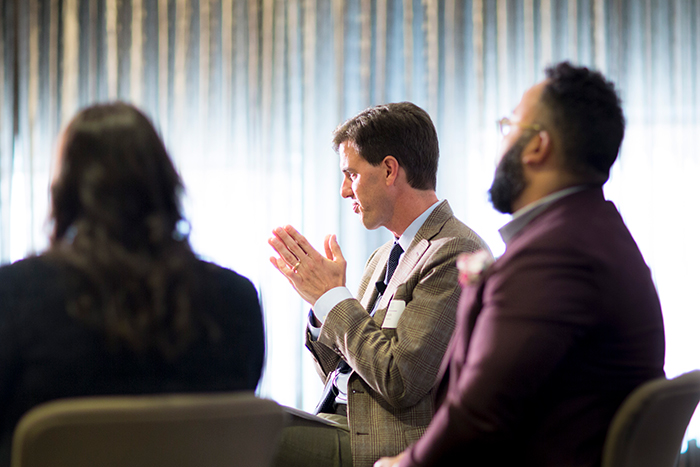
Congratulations to Dr. Kristin Mann, Professor of History, for winning the Distinguished Scholar Award from the Lagos Studies Association. Mann’s book publications about Lagos include Marrying Well: Marriage, Status and Social Change among the Educated Elite in Colonial Lagos (Cambridge UP, 1985) and Slavery and the Birth of an African History: Lagos, 1760-1900 (Indiana UP, 2007). Read a more complete description of Mann’s scholarship and service to the discipline, written by Dr. Jessica Reuther (Ph.D., 2016), here.





